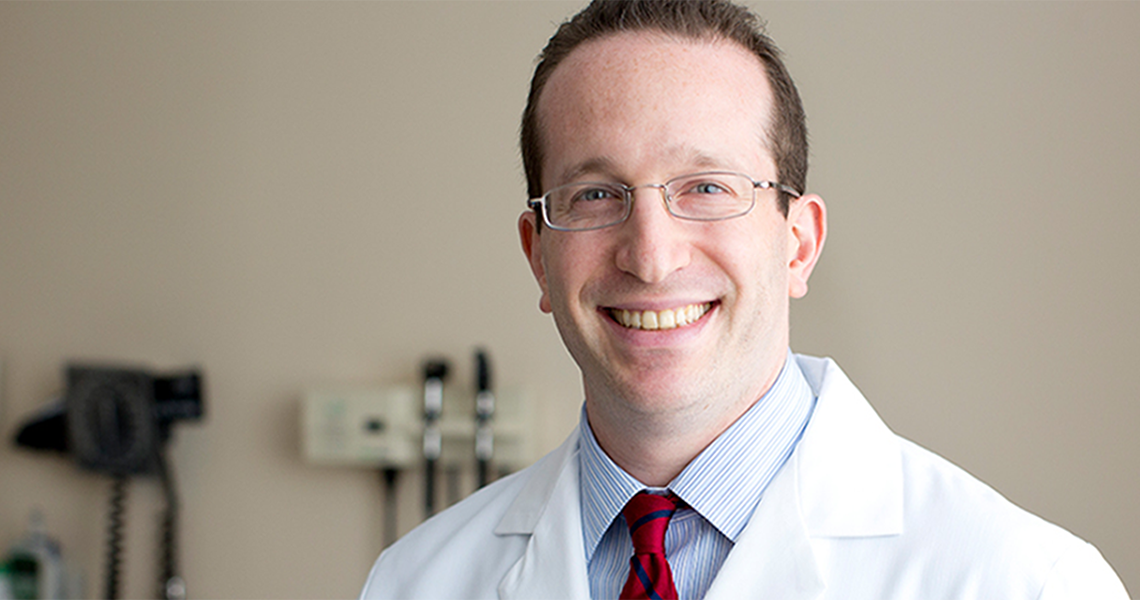WASHINGTON (July 9, 2019) - Sun safety practices for attendees at skin cancer screening events differ from the general public, according to findings published by researchers from the George Washington University (GW) Cancer Center. The study was published in the Journal of Drugs in Dermatology.
According to the Centers for Disease Control and Prevention (CDC), skin cancer is the most common cancer in the United States. Proper sun safety practices, like wearing sunscreen, seeking shade, and wearing sun-protective clothing are critical to reduce the risk for skin cancers like squamous cell carcinoma, basal cell carcinoma, and melanoma.
Through a survey randomly administered at six locations in Washington, D.C., and to attendees of a free skin cancer screening event at GW, a team led by Emily Murphy, a research fellow in the Department of Dermatology at the GW School of Medicine and Health Sciences, found that respondents from the screening group were significantly more likely to always wear sunscreen, always seek shade, and always or sometimes wear sun-protective clothing than the public group. These data suggest that individuals who do not typically attend free screenings may have greater gaps in sun protective knowledge and behavior, highlighting the need to reach these populations through different mechanisms. Survey responses were also analyzed by age and race to identify additional disparaties. Participants who identified as white were more likely to always or sometimes wear sunscreen and sun-protective clothing than non-white participants. Patients over 61 years were more likely to always seek shade and wear sun-protective clothing than those younger than 31 years.
“These findings highlight the importance of tailoring free skin cancer screening events for non-white and younger populations," said Adam Friedman, MD, interim chair of the Department of Dermatology at the GW School of Medicine and Health Sciences and director of the Supportive Oncodermatology Clinic at the GW Cancer Center, who also served as senior author on the study. “While free screening events are important, we also have to think about comprehensive, community-based solutions that reach broader demographic populations than skin cancer screenings alone."
White participants in the study reported more blistering sunburns than non-white participants, as well as more indoor tanning uses. However, indoor tanning use was equal among the screening and general public groups, indicating that all patients need to be educated on indoor tanning risks. The Community Preventive Services Task Force, an independent, non-federal panel of public health and prevention experts, recommends multicomponent interventions that combine individually focused strategies, educational campaigns, and environmental or policy changes to influence sun safety behaviors. Other recommendations include education and policy approaches in primary school and outdoor recreation settings.
“This study also highlights the importance of reaching non-white populations with skin cancer prevention messages," said Friedman. “We have to address the myth that skin cancer only affects fair-skinned individuals. Skin cancer does not discriminate and therefore we need to encourage sun safety practices among all individuals."
The article, titled “A Survey-Based Comparison of Sun Safety Practices in a Representative Cohort of the General Public Versus Attendees of a Skin Cancer Screening," is published in the Journal of Drugs in Dermatology.
Media: For more information or to set up an interview, please contact Ashley Rizzardo at amrizz713 [at] gwu [dot] edu (amrizz713[at]gwu[dot]edu) or 202-994-8679.
###
About the GW Cancer Center
The George Washington University (GW) Cancer Center is a collaboration of the George Washington University, the GW Hospital and the GW Medical Faculty Associates to expand GW’s efforts in the fight against cancer. The GW Cancer Center also incorporates all existing cancer-related activities at GW, with a vision to create a cancer-free world through groundbreaking research, innovative education and equitable care for all. Learn more about the GW Cancer Center at gwcancercenter.com.




